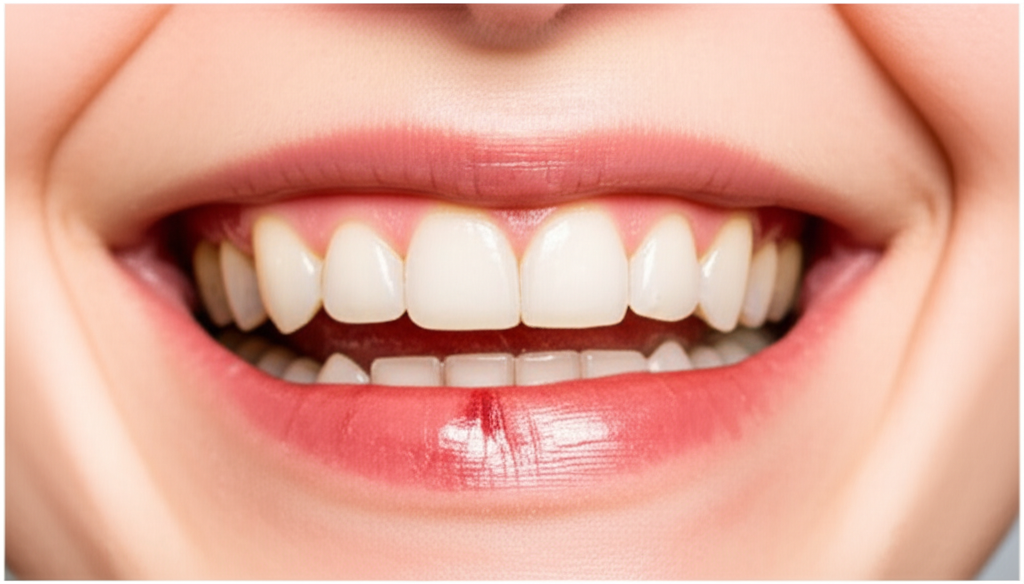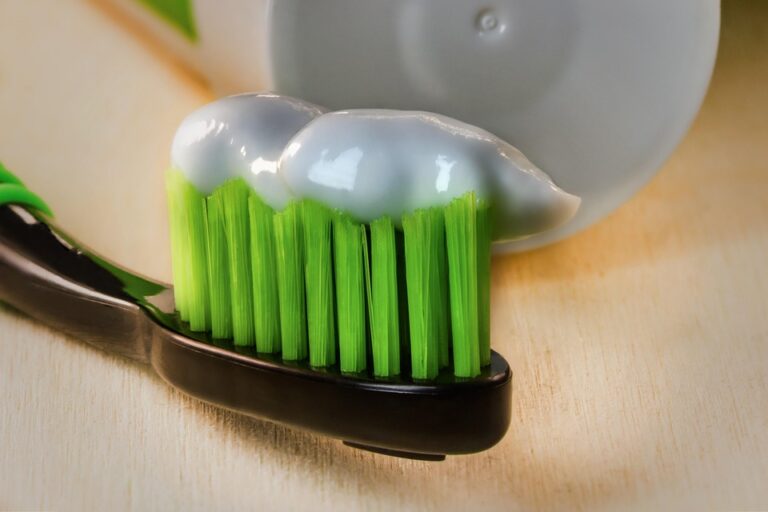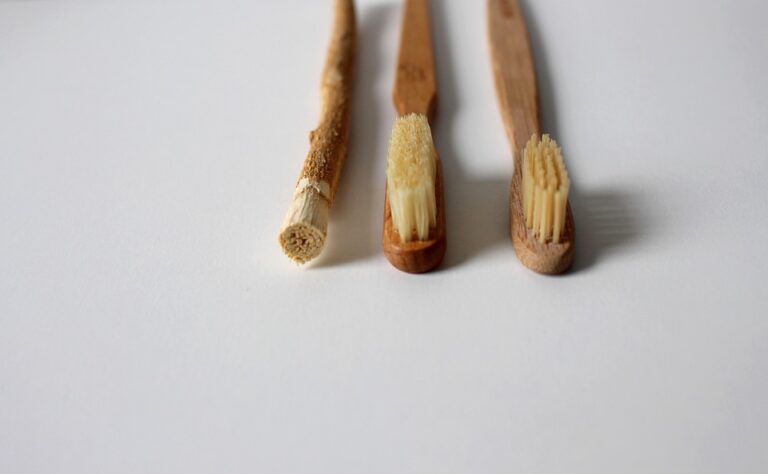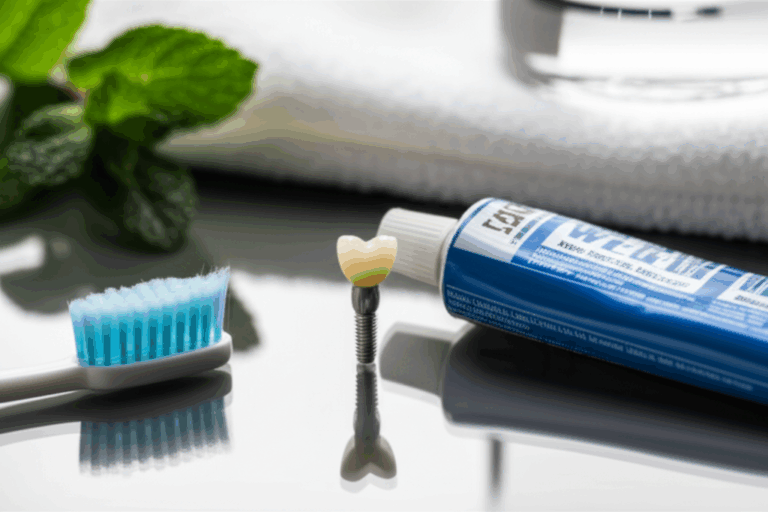
Can Dry Mouth Cause Dental Problems? Understanding Xerostomia’s Impact on Oral Health
Ever wake up with a sticky, dry mouth or always needing to sip water? If this sounds like you, you might have xerostomia, also called dry mouth. But did you know this annoying feeling can actually hurt your teeth and gums? This article will explain how dry mouth is more than just a simple problem—it can cause real trouble for your smile. By reading on, you’ll find out why dry mouth happens, how it hurts your teeth, signs to notice, and easy ways to keep your mouth healthy for life.
Table of Contents
- What Is Dry Mouth and Why Should You Care?
- What Does Saliva Do for Your Teeth? (And Why Is It So Important?)
- How Does Dry Mouth Damage Your Teeth and Gums?
- Which Dental Problems Happen Most with Dry Mouth?
- Why Do You Get Dry Mouth?
- Are There Warning Signs for Dry Mouth?
- How Can You Protect Your Teeth If You Have Dry Mouth?
- Should You Talk to a Dentist About Dry Mouth?
- Can Fixing Dry Mouth Prevent Tooth Loss?
- Is There an Easy Way to Get Help for Dry Mouth?
- FAQ
- Bullet Point Summary: Key Things to Remember
What Is Dry Mouth and Why Should You Care?
Put simply, dry mouth is when your mouth doesn’t make enough saliva. You might feel really thirsty, have trouble swallowing, or need a drink all the time. This happens to about 1 out of 4 adults, especially older people or those who take medicine.
But dry mouth isn’t just a pain. It means your teeth and gums lose a main layer of protection. This puts you at risk for things like bad breath, cavities, sore gums, and even losing teeth. A dry mouth is a great home for germs and fungus. If you have dry mouth, you could get cavities three to five times more often! Treating dry mouth early protects your teeth and keeps your smile healthy.
What Does Saliva Do for Your Teeth? (And Why Is It So Important?)
You might think saliva is just “spit,” but it’s super important for your mouth. Saliva works all the time to keep your mouth clean and fresh. Here’s why:
Cleans Your Mouth: After you eat, saliva washes away bits of food and gets rid of germs. If you don’t have it, food sticks to your teeth and helps germs grow.
Stops Acid: Saliva fights off acids from germs and food. It keeps your mouth’s pH in check. If it falls, acids hurt your enamel.
Strengthens Teeth: Saliva puts good stuff like calcium and phosphate back on your teeth, making them strong—the best protection for your enamel.
Helps You Eat and Talk: Saliva keeps everything slippery so you can chew, swallow, and talk without pain or trouble.
Fights Germs: Special things in saliva kill germs, fungus, and more. Think of it as your mouth’s army.
If you lose saliva, your mouth becomes the perfect place for germs and acids. That’s why dry mouth is a big deal.
How Does Dry Mouth Damage Your Teeth and Gums?
Here’s what happens if your mouth can’t make enough saliva:
- Not Enough Cleaning: Food and germs stay on your teeth, letting more plaque grow.
- More Acid: Your mouth can’t stop acid. Acid sits around longer, breaking down your teeth’s enamel.
- Weaker Teeth: No minerals go back on your teeth, so they get weak and rot faster.
- Bad Mix of Germs: The good and bad bugs in your mouth get unbalanced. The bad ones take over, which can hurt and cause infection.
- Dry, Weak Tissues: Your gums, lips, and tongue dry out. You can get cracks, sores, or even fungus.
After a while, you can have real trouble. Cavities appear, gums get sore and red, or you may need lots of dental work.
Table: Effects of Dry Mouth on Your Dental Health
| What Happens | Why It Matters |
|---|---|
| Food & germs stick | More plaque, more cavities |
| Less acid stopped | Weak enamel, sensitive teeth |
| No minerals added | Teeth get weak, decay faster |
| Germ imbalance | Infections, bad breath |
| Dry tissues | Cracks, sores, fungus |
Which Dental Problems Happen Most with Dry Mouth?
To be clear: dry mouth is bad for your teeth. Here’s what you might notice:
Cavities (Tooth Decay)
With less saliva, plaque builds up fast. Cavities form by the gums and roots, where they’re hard to reach and fix. Decay can get worse quickly.
Gum Problems (Gingivitis and Periodontitis)
Germs don’t just stay on teeth—they get on your gums, too. Your gums get red, puffy, and can bleed. Later, you can get serious gum disease (periodontitis), which can make your teeth loose.
Fungal Infections (Oral Thrush)
Without enough saliva, a fungus called Candida can grow. You might notice white patches, pain, or burning. This is more common in older adults or people on antibiotics.
Bad Breath
No saliva means bacteria break down food and make your breath smell bad. Mouthwash won’t help if dry mouth is the cause.
Sensitive Teeth and Eroded Enamel
Acid can wear away your teeth’s hard covering (enamel). This can make teeth hurt when you have hot or cold things or even “zing” when you brush.
Trouble with Dentures and Talking
Dry gums make it hard to keep dentures in place. Chewing, swallowing, or even speaking can hurt or feel awkward.
Cracks, Sores, and Other Infections
Lips and corners of your mouth can crack. Your tongue can look red, sore, or get grooves.
For more on these mouth problems, you can check out this page on dental diseases.
Why Do You Get Dry Mouth?
Lots of things can cause dry mouth:
Medications
More than 500 common drugs can cause dry mouth! This includes allergy pills, pills for sadness, blood pressure medicine, and medicine for stuffy noses.
Health Problems
Problems like Sjögren’s syndrome, diabetes, Parkinson’s, HIV/AIDS, or a stroke can all cause dry mouth.
Cancer Treatments
Chemo or radiation—especially for head and neck cancer—can hurt your saliva glands.
Everyday Habits
- Not drinking enough water
- Smoking or drinking alcohol
- Having a lot of coffee, tea, or soda
- Breathing with your mouth open while sleeping
Getting Older
Saliva slows down as you get older, especially if you take more medicine.
Nerve Injury
An accident, surgery, or nerve damage in your mouth or head can also cut down on saliva.
Are There Warning Signs for Dry Mouth?
Knowing what to look for can help you take action sooner. Here are common clues:
- Mouth feels dry, sticky, or even burns
- You wake up thirsty every night
- Saliva feels thick, not watery
- Cracked lips or sores at mouth corners
- Tongue looks red, dry, or has lines
- Bad breath that won’t go away
- Problems eating dry foods, swallowing, or talking
- Sore throat or a rough voice
Are you getting more cavities or sore gums at the dentist? That could be a sign, too.
How Can You Protect Your Teeth If You Have Dry Mouth?
Good news: Dry mouth is something you can help with! Try this simple plan:
1. Brush and Floss More Carefully
- Brush your teeth two times a day with fluoride toothpaste (ask your dentist if you need a stronger kind).
- Floss every day—be gentle!
- Use a fluoride rinse or gel for even more protection.
- Ask if sealants or special coatings might help you, too.
2. Help Your Mouth Make More Saliva
- Sip water all through the day. Don’t just chug and be done.
- Chew sugar-free gum or suck on sugar-free candy, especially if it has xylitol (which fights cavities).
- Try to breathe through your nose, not your mouth, especially at night.
3. Use Special Products
- Buy dry mouth rinses, sprays, or gels over the counter. They keep your mouth moist and can make it feel better.
- Ask your dentist about special medicines that help you make more saliva.
4. Change Some Habits
- Have less caffeine, skip alcohol and don’t smoke.
- Use a humidifier in your bedroom if it’s dry inside.
- Eat soft, moist foods. Skip sticky, sugary, or sour treats.
- Crunchy fruits and veggies are good—they clean your teeth, too.
5. See Your Dentist Often
Go to check-ups every three or four months, not just twice a year. Tell your dentist if you notice any changes. They can find problems early and put on special sealants or fluoride.
6. See Your Doctor if Needed
If your dry mouth is really bad or new, talk to your doctor. Sometimes, changing pills or treating health issues can make your mouth feel much better.
You can find more tips on good dental care and advice for teeth health here.
Should You Talk to a Dentist About Dry Mouth?
Yes! If dry mouth is giving you trouble or your teeth are getting worse, don’t wait. Call your dentist when:
- Your mouth feels dry most of the day
- You’re getting new cavities or your gums bleed more
- Chewing or swallowing is hard or painful, or you have trouble talking
- Sores or cracks in your mouth don’t heal
Dentists can check how much saliva you make, look for what’s causing it, and help protect your teeth. Sometimes, they’ll work with your doctor to change your pills or help you find something else.
If you have dentures, you might want to contact a removable denture lab for the best fit, even if your mouth is changing.
Can Fixing Dry Mouth Prevent Tooth Loss?
Yes! Many people lose teeth not from accidents, but because of damage over time from things like dry mouth. Saliva protects your teeth, and without it, your teeth are under attack. Treating dry mouth and looking after your teeth can stop the pain and trouble of losing teeth.
Stopping cavities, gum trouble, and infections before they start is always easier than fixing them after they’re bad. Prevention works best!
If you need more help, your dentist might suggest crowns, bridges, or work with a crown and bridge lab to fix your teeth.
Is There an Easy Way to Get Help for Dry Mouth?
Yes. You don’t have to do this alone. Here’s what you can do:
- Drink water all day—don’t wait to feel thirsty.
- Carry a small bottle of dry mouth spray or sugar-free lozenges.
- Brush and floss your teeth well, and always use fluoride.
- Talk to your dentist or doctor if your mouth still feels dry or if you wake up from pain.
- Ask your dentist about new digital dental solutions, or talk to a digital dental lab.
Taking some small steps now can save you pain and money in the future.
FAQ
Q: Does drinking more water really help with dry mouth?
A: Yes, sipping water helps rinse germs and keeps your mouth damp, but water can’t do everything saliva does.
Q: What foods should I avoid if I have dry mouth?
A: Stay away from sticky sweets, dry crackers, salty snacks, and drinks like soda.
Q: Can kids get dry mouth too?
A: Yes, especially if they take some medicines or have allergies that make them breathe with their mouth open.
Q: Will a humidifier at night help?
A: Yes! Putting more water in the air, especially while you sleep, helps your mouth tissues.
Q: Are there special toothpastes for dry mouth?
A: Yes, and your dentist can give you one that’s best for you.
Bullet Point Summary: Key Things to Remember
- Dry mouth does more than bother you—it can ruin your teeth and gums.
- Saliva keeps your mouth clean, strong, and clear of germs.
- Most people with dry mouth have it from medicine, age, health issues, or habits.
- Common signs: always thirsty, cracked lips, red tongue, bad breath, trouble eating or talking.
- Fight back with better brushing, water, sugar-free gum, and the right products.
- Visiting your dentist often stops problems early and saves your teeth.
- See your doctor if dry mouth is new or getting worse—it could be something else.
- Help is everywhere, from dental teams to labs ready with crowns, dentures, and digital solutions.
- Start now and keep your healthy, pain-free smile for years!
References:
- World Health Organization Oral Health Reports
- Geriatric Dentistry Journal
- American Dental Association Research
- Journal of Dental Research
- National Institutes of Health (NIH)
- Sjögren’s Foundation Research
- Dental Clinics of North America
Learn more about the science behind mouth problems at teeth information.
Your smile matters—don’t let dry mouth take it away!








